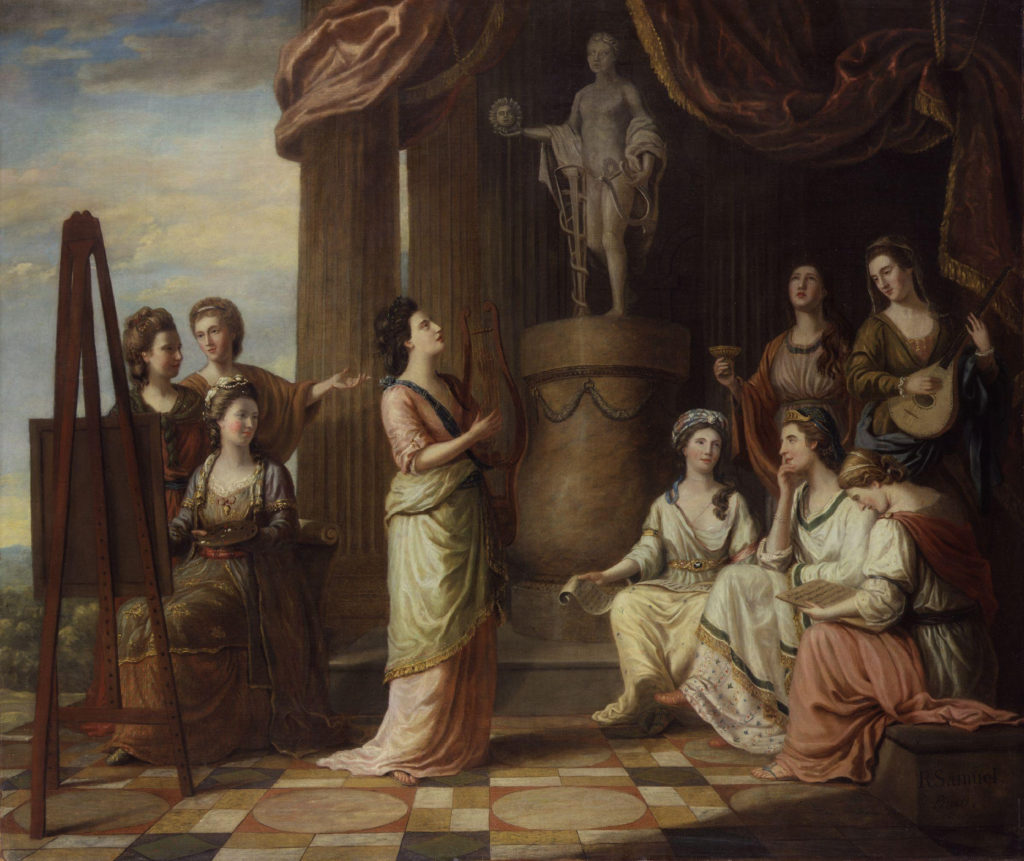By Taylor Driscoll, news correspondent
A visiting scholar with the Women’s, Gender and Sexuality Studies program spoke to students and faculty Oct. 3 about the implications of single women both historically and through literature.
Lauren Wilwerding’s presentation, titled Old Maids to Single Women: Culture, Rhetoric, Plot, shed light on the societal transition of the idea of a single woman, which slowly gained traction in Victorian literature.
Wilwerding used examples of female authors such as Charlotte Brontë and Margaret Oliphant to demonstrate how single women could find satisfaction in work and social roles besides marriage. These women, who were commonly referred to old maids, women too old to get married and have children, were starting to become empowering figures.
“The definition of ‘single women’ today, I think, is much broader in current cultural conversations as well as in scholarship,” Wilwerding said. “We can credit the 19th century old maid with this more flexible definition and this accompanied expansion of narratives from these women’s lives.”
This shift in society arose because marriage seemed to be an impossibility for some of the heroines in these Victorian novels, Wilwerding said, who uses Margaret Oliphant’s “Miss Marjoribanks,” Lucilla Marjoribanks, to show this dilemma.
“No one has proposed and Lucilla is confused and offended,” said Wilwerding. “So, she kind of attempts to find another occupation.”
Wilwerding describes Lucilla as a “powerhouse” because of her motivation to make a name for herself after losing her social status and financial wealth. She said that this novel is a strong example of how single women are seen in a contemporary lense.
“I suggest that we downplay, or ignore, the role of marriage in this novel,” said Wilwerding. “And read ‘Miss Marjoribanks’ as primarily as a novel for a woman’s quest for meaningful work.”
During the question and answer session, Wilwerding was asked whether or not the push for a more positive view of single women in Western society has started to impact other parts of the world like India and China.
“I think that [Miss Marjoribanks] translates really well to the U.S.,” Wilwerding said. “I do think this is tied to Western culture and British culture.”
For some students, this deeper dive into comparisons of Western and Asian cultures, specifically cultures that see marriage as a focal part of their society, is a better way to grasp the entirety of the phenomenon and how much progress it is actually making.
“I think she did a great job explaining how this happened in Victorian times,” said Nadia Lewis, a political science graduate student. “But, I would like to see how similar or dissimilar it is globally as well.”
Yingfan Zhang, a graduate student in the College of Professional Studies, believes that Asian countries are starting to embrace this idea of the single woman, but still have a long way to go. She also believe a global viewpoint of this change would be helpful.
“The thing is, in China, the situation has appeared in some places but it still needs a long time,” said Zhang. “The idea of being an old main or a single woman is really going against those societies.”














